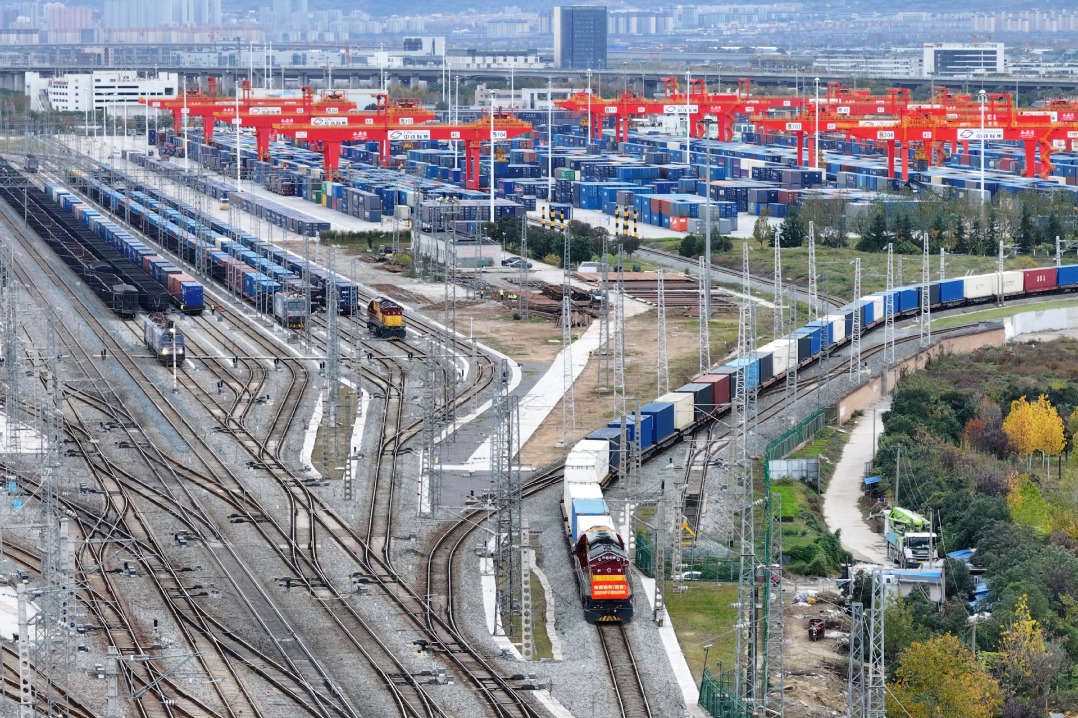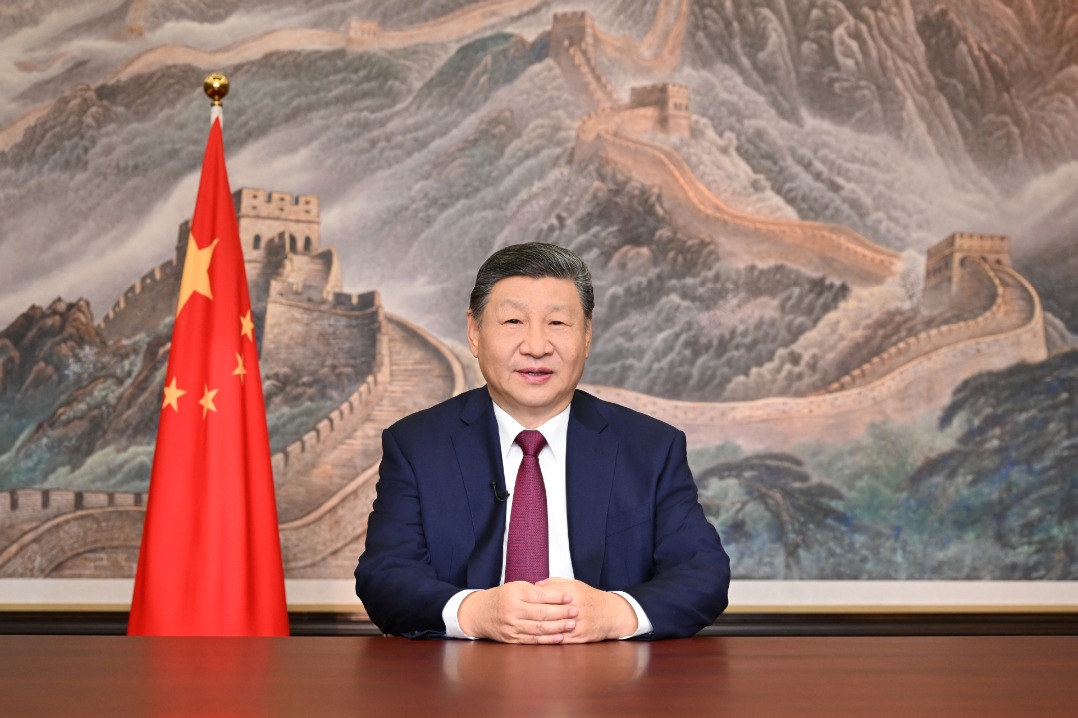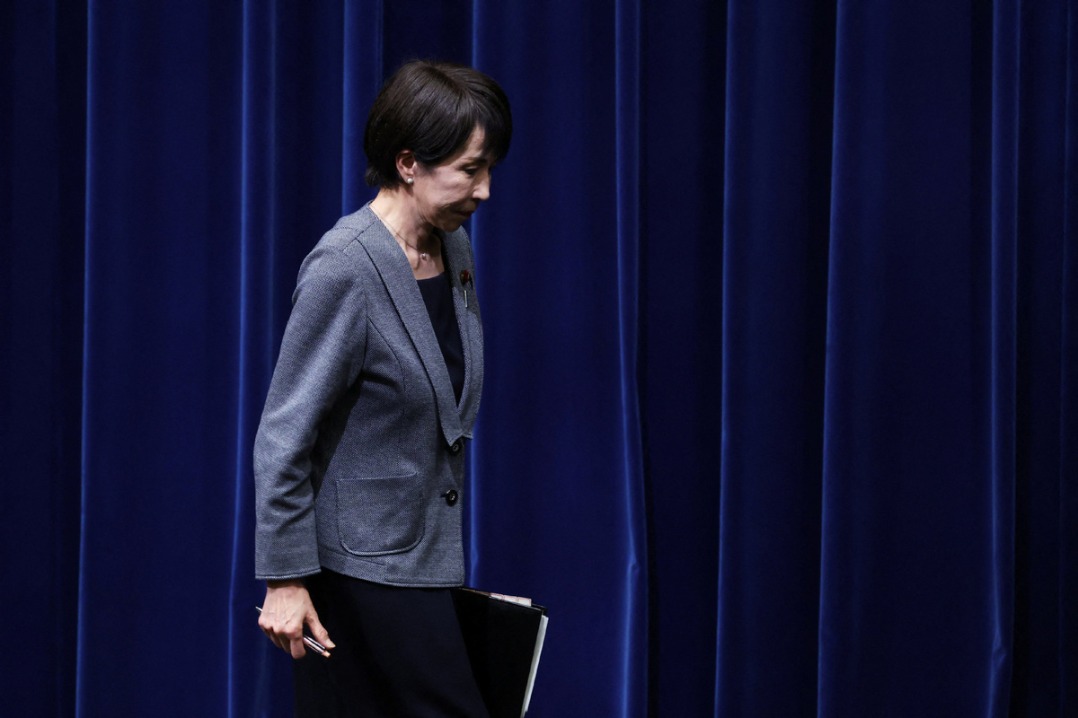COVID-19 won't decouple global trade


The growing relationship between the US and China over the past few decades has been one of the greatest things for world peace and prosperity.
Trade, which reached $630 billion in 2018, has powered both economies, lifting hundreds of millions of people out of poverty, and supporting 2.6 million jobs in the United States alone. Exchange in the way of travel, discourse, and study abroad has provided citizens of both countries opportunities to expand their horizons and enjoy the rich culture of the other country.
More than two million Americans get to see the Great Wall and the Terra Cotta Warriors, observe pandas in their natural habitat, and eat delicious lamb skewers and authentic Chinese food when they visit China each year. And China is one of the largest sources of foreign tourism to the United States.
The two countries have great influence internationally, and they have worked together from the Cold War to hammering out climate accords and a nuclear deal with Iran.
Now the talk in Washington is of "decoupling," and the coronavirus outbreak, which has frayed relations between the two countries, is said to be hastening the break up.
No, it's more complicated than that. The push for America to decouple has been going long before convenience stores across China sold out all their masks. Was it in March 2018 when Donald Trump began imposing tariffs on $50 billion worth of Chinese goods, tariffs which would increase throughout 2018 and 2019? Were the conditions already being put in place when 2012 presidential candidate Mitt Romney suggested labeling China a "currency manipulator" (a label that does not apply to China, according to the US Treasury Department's own definitions)?
Indeed, many of the Americans who have long advocated for decoupling have preexisting ideological agendas. Neo-conservatives and interventionist liberals have the fantasy of turning the whole world into American-style electoral democracies with America as the hegemonic leader. So-called "economic nationalists" are skeptical of foreign trade in general.
If there weren't coronavirus, then there would be other issues they would clasp onto to push the same agenda.
Coronavirus has added some real difficulties on both sides, to be sure. Both countries had agreed to a partial phase one trade deal in January, but now there are economic shocks across the entire globe. There was uncertainty at the end of June whether the deal would remain in place after Trump's China hawk Peter Navarro said it was dead, but Trump responded that Navarro was wrong and the deal was still in effect.
Trump had praised China early on for his handling of coronavirus, but after coronavirus got to America and got out of control, he began to attack China as a scapegoat for his own mishandling of the situation in the US.
And there have been other points of contention, such as the situation in Hong Kong and the American government trying to convince its allies to limit market access to Huawei.
But it is important to remember that the status of foreign relationships exist on a spectrum. There has never been a perfect relationship between the US and China, and it might get worse, but there is still trade and diplomacy. Even if the two sides have problems with each other, they know they still derive benefits from the relationship.
Let me quote Clete Willems, one of the members of Trump's National Economic Council who has much practical experience negotiating with China, the EU, and Korea and sounds more objective than the ideologues. Willems said of the trade deal, "I think the reason the deal is gonna hold for the time being is that China's actually doing a good job at implementation."
Whether relations between the US and China improve or worsen depends a lot on what happens with politics. In particular, in the United States, who wins the next election and what policies they try to pursue. (Guessing which of the two candidates would be better for US-China relations is tough.)
Economic logic dictates that there should be a good trade relationship. From the perspectives of pursuing peaceful diplomacy, national interest, and cultural exchange, there should be. But sometimes politics trumps these concerns.
However, the question is not an either-or proposition. There will continue to be a relationship on some level. The relationship is a function of both national level arrangements and decisions by individual companies and people. I hope the relationship will improve, but, whatever happens, it's not going away.
Mitchell Blatt is a columnist and a recent graduate of the Johns Hopkins School of Advanced International Studies. The opinions expressed here are those of the writer and do not represent the views of China Daily and China Daily website.


































